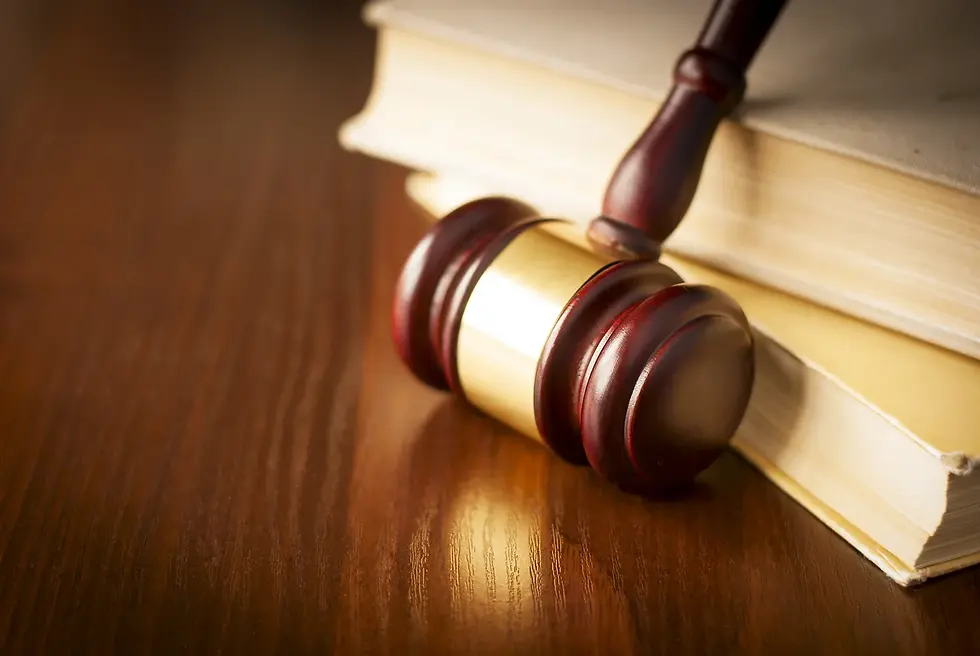Telling it like it wasn't
- ml2199
- Oct 4, 2014
- 2 min read
Updated: Aug 31, 2023
Previously, I explained why John Grisham need not worry about me threatening his throne as king of the mystery, thriller, suspense genre. Talent aside, I lack the inspiration to write it. But what about historical fiction?
My mother’s maiden name was Barnwell. The Barnwells are an interesting clan in the way Southern families can be, with plenty of “characters” to spice up the primordial soup. Like all families they were, very originally, hunter-gatherers, but the Barnwells claimed an excess on the gathering part, and what they gathered was, sadly for me, my children and grandchildren, not land or money. No, the Barnwells gathered correspondence--letters and postcards--and they never threw anything away. I have become the custodian of boxes upon boxes of this material, the curator of family archives. I am hardly alone in this responsibility, and many of you reading this will be nodding in sympathy as you contemplate the attic of your homes where similar boxes await a rainy afternoon when you have promised yourself you will go through it. Right.
The Barnwell women included several notable spinsters, commonly called Old Maids. Two of these, my grandmother’s sisters Susannah and Martha, left journals, which are a pleasure to read because both women were educated at a time when college was unusual. Females in the post-Civil War South became mothers, teachers or nurses. Aunt Sue and “Auntie” taught school.
Susannah Woods Brunson, Aunt Sue, for whom my mother was named, spent a portion of her retirement years penning a memoir she called Three Houses, a reference to memorable homes she occupied during her long life. I knew her well toward the end of that life as a proper, refined and dignified Southern lady, so it did not surprise me that her memoir failed to open the anxiety closets that those three houses surely must have contained.
Her account is, like its author, chaste, sweet, with kind words for most and adoring praise for her siblings and parents. As a physically attractive woman with a degree from the first graduating class at Converse College, she must have had some men in her life, what she called “beaus,” but if any of them ever got past first base with her, she took that experience to her grave. But what her memoir lacks in angst and scandal it more than makes up for in a chronicle of the times in rural South Carolina during the Reconstruction era. That makes it valuable to someone like me, a writer looking for material that is not--heaven forbid--available on the internet (yet).
To her enduring credit, Aunt Sue wrote her journals with me in mind. Not me specifically, but her descendants generally. In the preface to Volume One, she expresses the hope that (and I’m paraphrasing here) “one day, dear nieces and nephews, one of you may find herein material you can use in a novel . . . “ Rest easy, Aunt Sue. I have done just that, as I discuss in my next blog.









Comments